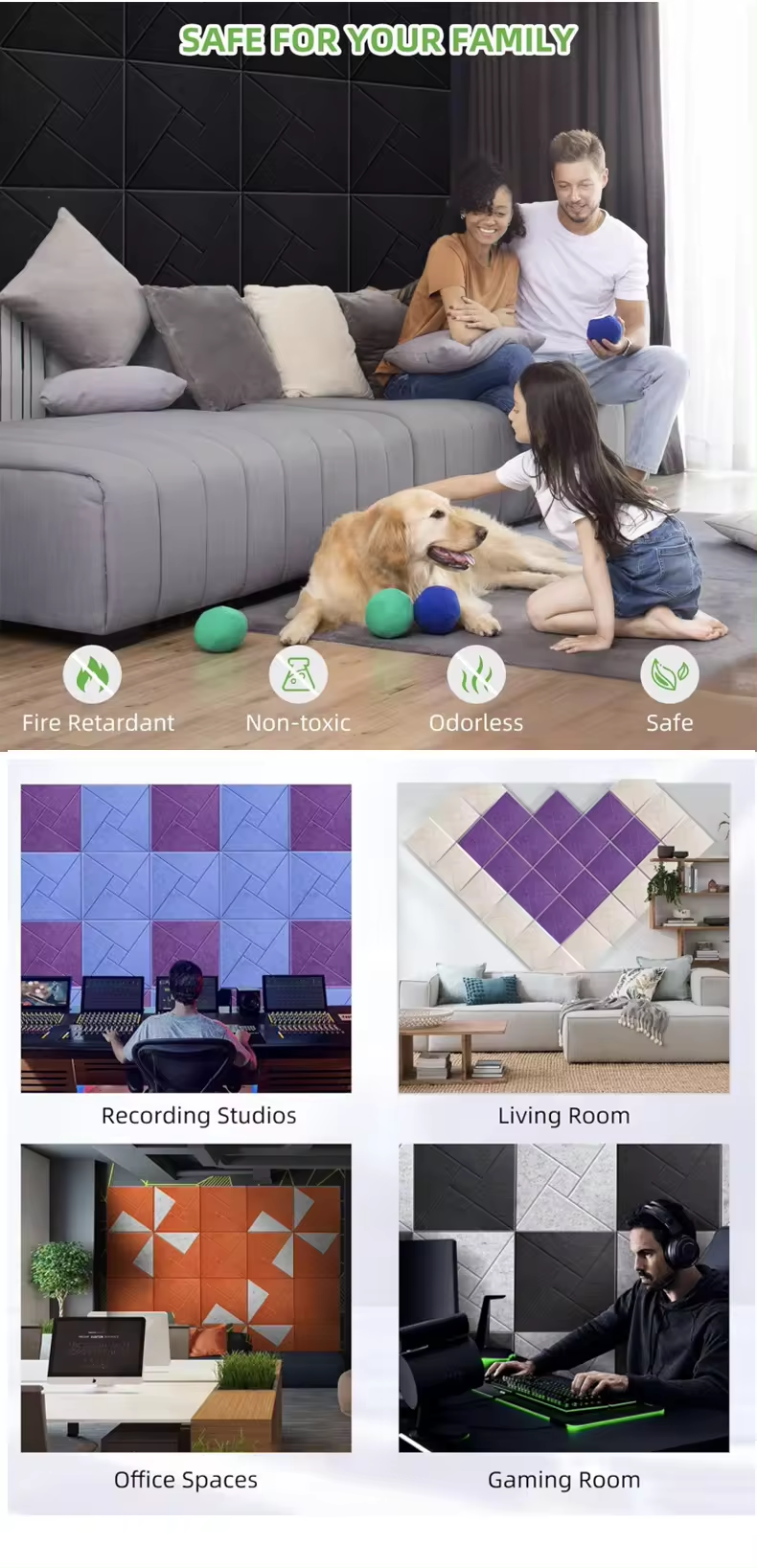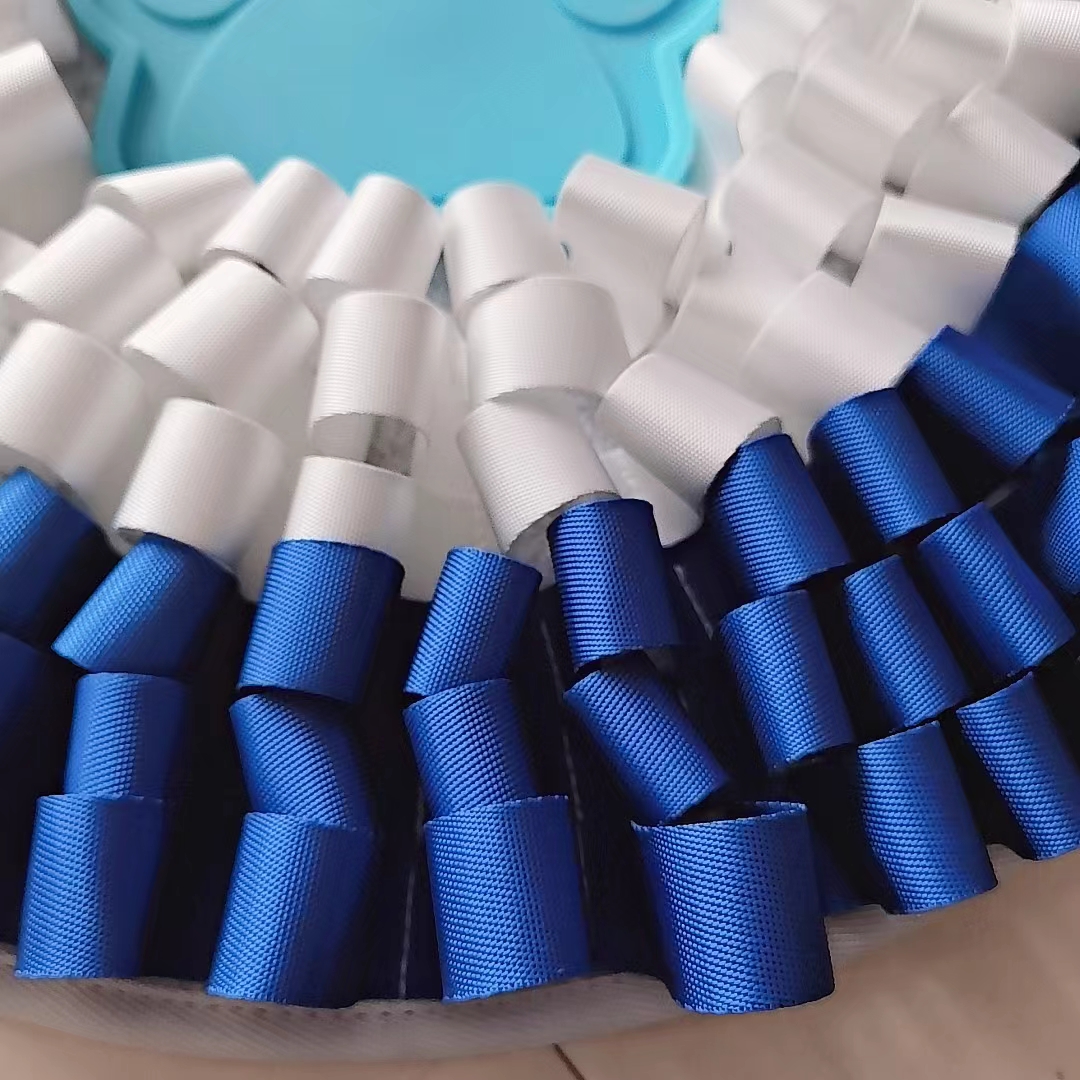កុម្ភៈ . 10, 2025 09:51
Back to list
heated pet house
Finding the perfect pet house is a blend of art and science. As a seasoned pet enthusiast, it's crucial to approach this with both passion and expertise to ensure your furry friend finds their ideal sanctuary. Delving into the nuances of pet houses requires a profound understanding of their structural design, materials used, and the environmental factors influencing pet well-being.
From an expert standpoint, the pet house landscape is evolving with innovations targeting pet owner convenience and pet health. Smart pet houses equipped with sensors that monitor humidity, temperature, and pet activity levels are leading the charge in providing a holistic approach to pet care. Such advancements underscore the importance of integrating technology with pet housing solutions, ensuring pets not only thrive physically but also have their mental well-being addressed. The authoritativeness of a pet house brand is often reflected in reviews and community trust. Brands that boast positive feedback from seasoned pet owners and veterinarians usually offer superior products. Comprehensive research, including reviewing ratings and testimonials on platforms such as Google, provides insights into the product effectiveness and the brand's reputation in the pet community. Trustworthiness, a cornerstone in pet housing, extends to transparency about product materials and manufacturing processes. Ethical brands are those that clearly disclose their material sourcing, ensuring no harsh chemicals are used that could potentially harm pets. Certification and compliance with international safety standards further reassure pet owners of a brand's commitment to quality and safety. Ultimately, the decision in selecting a pet house is deeply personal and should be guided by both technical specifications and intuitive empathy for your pet's needs. Keeping a conscientious approach ensures that the chosen abode is not just a structure, but a genuine home for your pet. By marrying experience with expertise, and seeking products backed by authoritative and trustworthy sources, pet owners can provide their animals with both sanctuary and solace.


From an expert standpoint, the pet house landscape is evolving with innovations targeting pet owner convenience and pet health. Smart pet houses equipped with sensors that monitor humidity, temperature, and pet activity levels are leading the charge in providing a holistic approach to pet care. Such advancements underscore the importance of integrating technology with pet housing solutions, ensuring pets not only thrive physically but also have their mental well-being addressed. The authoritativeness of a pet house brand is often reflected in reviews and community trust. Brands that boast positive feedback from seasoned pet owners and veterinarians usually offer superior products. Comprehensive research, including reviewing ratings and testimonials on platforms such as Google, provides insights into the product effectiveness and the brand's reputation in the pet community. Trustworthiness, a cornerstone in pet housing, extends to transparency about product materials and manufacturing processes. Ethical brands are those that clearly disclose their material sourcing, ensuring no harsh chemicals are used that could potentially harm pets. Certification and compliance with international safety standards further reassure pet owners of a brand's commitment to quality and safety. Ultimately, the decision in selecting a pet house is deeply personal and should be guided by both technical specifications and intuitive empathy for your pet's needs. Keeping a conscientious approach ensures that the chosen abode is not just a structure, but a genuine home for your pet. By marrying experience with expertise, and seeking products backed by authoritative and trustworthy sources, pet owners can provide their animals with both sanctuary and solace.
Latest news
-
Waterproof Dog Blankets for Indoor and Outdoor UseNewsAug.01,2025
-
Sustainable Wool Cat Beds Eco-Friendly Choices for Pet OwnersNewsAug.01,2025
-
Snuffle Ball Benefits for Dogs Mental Stimulation and ExerciseNewsAug.01,2025
-
Puppy Treat Puzzles as Social Tools Fostering Bonding Through PlayNewsAug.01,2025
-
Custom Wooden Pet Houses Tailored to Your Pet’s PersonalityNewsAug.01,2025
-
Corrosion Resistance in Environments: A Guide for Washer Hose ClampsNewsAug.01,2025
